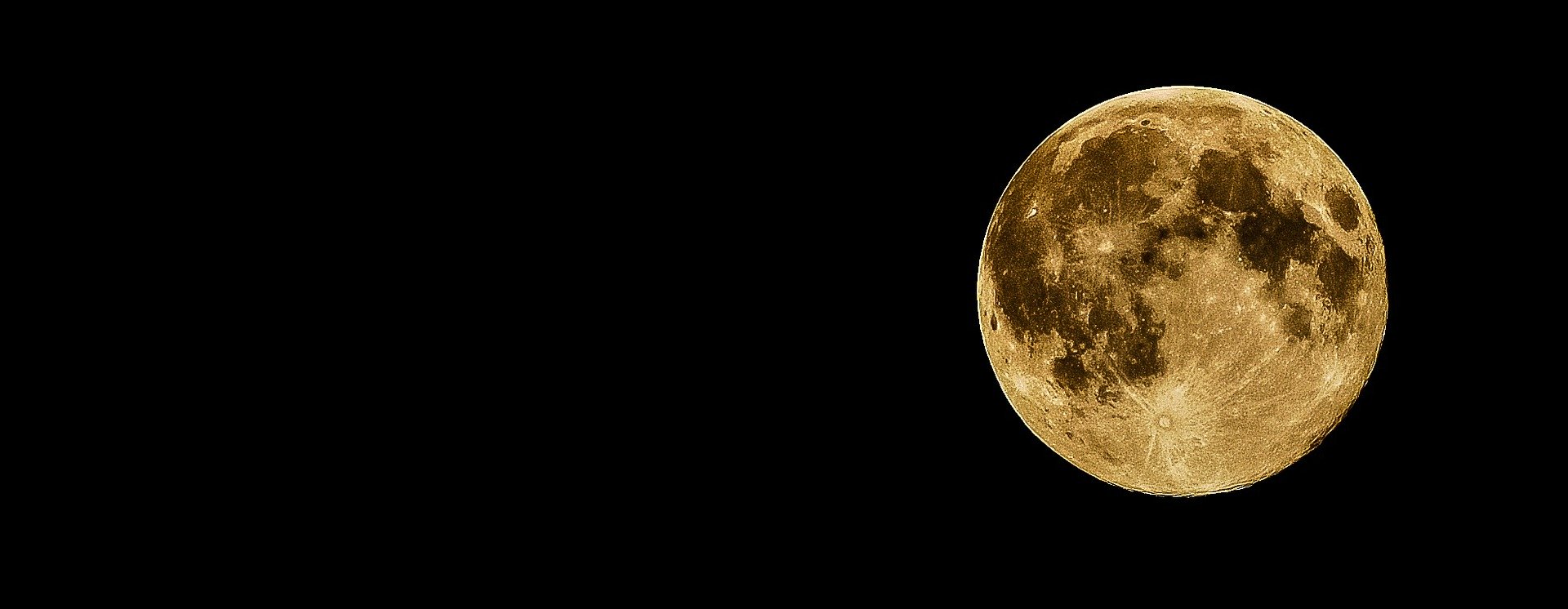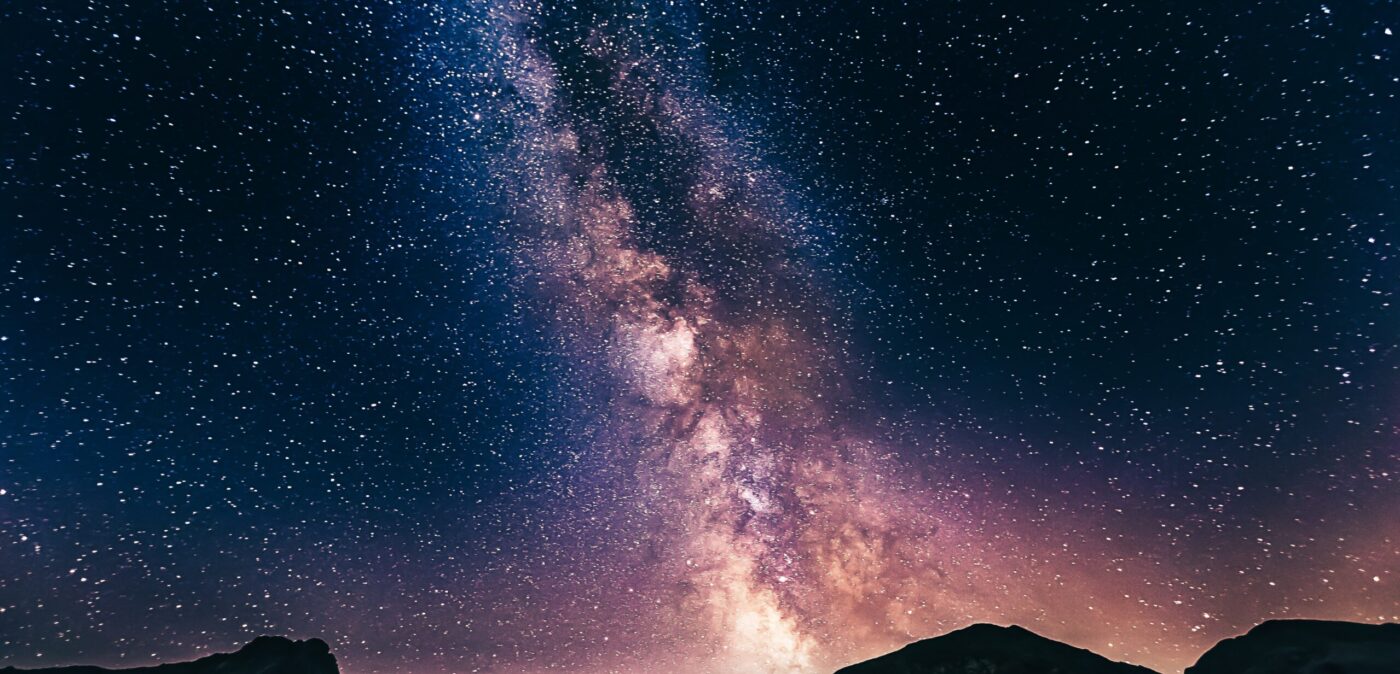
What If The Moon Disappeared?
Since the beginning of time, humans have gazed up at the night sky in wonder. Over time, they began to notice small changes in the positions of stars and started to chart them. Sometimes, a certain star would shine on brightly for days at a time, while other times, it would disappear. However, one thing that was constant was our Moon. Looking up at the night sky and seeing our beautiful natural satellite became a common occurrence, and after a while, we got used to idea of it always watching over us. As we gazed up at the night sky, it would always be there to gaze back down at us. But what if it was gone? What would happen if we had lost our Moon?
First and foremost, the night would be significantly darker. The Moon reflects a lot of the sun’s light off its surface. Without that reflection, the night would be left to be illuminated only by distant stars that appear as little pinpricks of light in our sky.
Without the Moon, the tides would rise and fall much slower. This is because the gravitational force between the Moon and the Earth pulls at the oceans creating changes in water levels. Without this constant pull, the oceans would move at barely one third of their current movement. This sudden loss of fluctuations would be detrimental to coastline ecosystems that depend on the constant changes in water level. These tides also play a big role in ocean currents which drives our climate patterns. Therefore, the loss of our Moon would consequently result in extreme weather.
Without our Moon’s constant pull, the Earth would lose its perfect tilt. The Moon’s gravity holds the Earth at exactly 23.5 degrees. This tilt is key to maintain life as we know it and keep climates and seasons as stable as they are.
On a scientific research note, the Moon acts as a gateway into the past. Through the samples that are taken, much can be learned about the early universe. The dust gathered from the lunar surface can show scientists a lot about the early stages of the solar system since much of it has been left untouched for million of years (except for the occasional collisions). The Moon’s surface is peppered with craters and the leftover material from the impactors can provide a lot of insight into the early building blocks of our solar system.
Our Moon ensures the survival of the human race and without it, life on Earth would be drastically different.
Resources:
ASTRONOMY.COM, POPSCI.COM






Tagged #cassini, #clouds, #hexagonalstorm, #magneticfield, #saturn